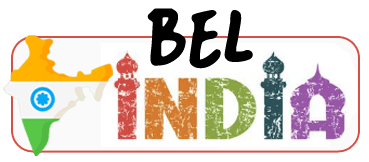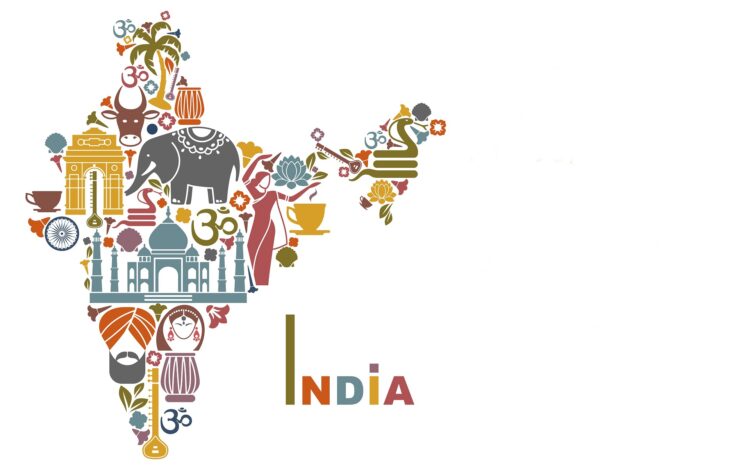As the second most populous country in the world, India is home to around 1.4 billion people, which makes up for almost one-sixth of the world’s population. While most of them are Hindus, there are also some Muslims, Christians, Sikhs, Buddhists, and Jains. Religion is very important for Indians. According to a survey conducted in 2015, eight in ten Indians consider religion a highly important part of their lives. Now, here are some facts about religion in India.
Table of Contents
The second-largest group of Muslims lives in India
As previously mentioned, most religious people in India are Hindus, but Muslims are also quite numerous. In fact, the second-largest group of Muslims lives there, while the largest one is in Indonesia. According to Pew Research Center projections, Indians will become the largest Muslim population in the world by 2050, since the country’s Muslim population is expected to grow to 311 million. Nonetheless, they still remain a minority compared to other religions within the country (they account for around 18%).
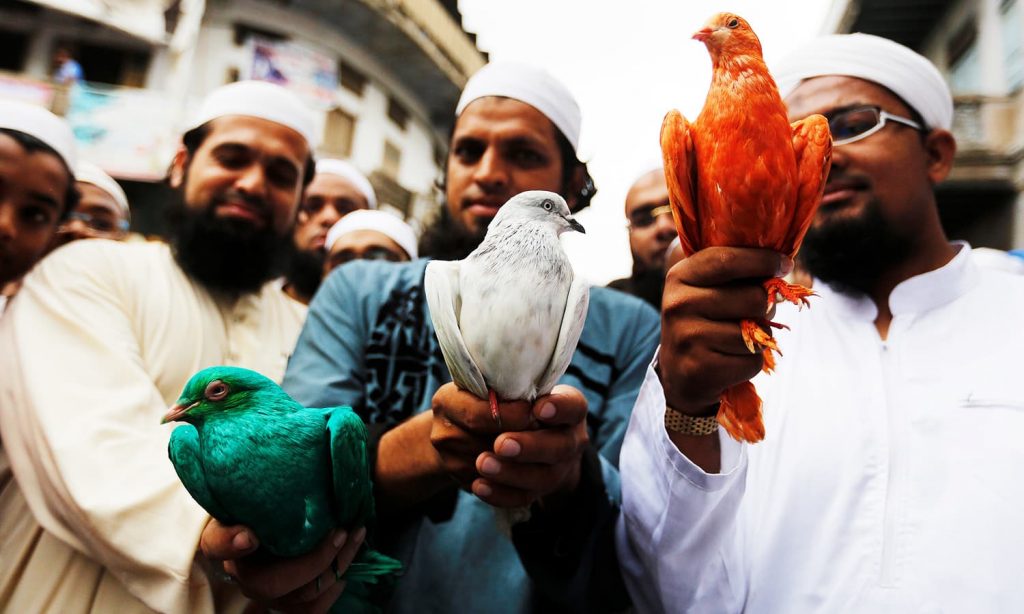
source: thewire.in
As a religiously pluralistic and multiethnic democracy, India is the greatest such country in the world
Indian constitution grants its citizens freedom of conscience and the right to profess, practice, and propagate religion. India became a secular state in 1976 when the constitution was amended. However, the constitution also prohibits the slaughter of their sacred animal – cow. Due to a strict social stratification based on Hinduism, the constitution protects people from discrimination on the grounds of religion or caste.
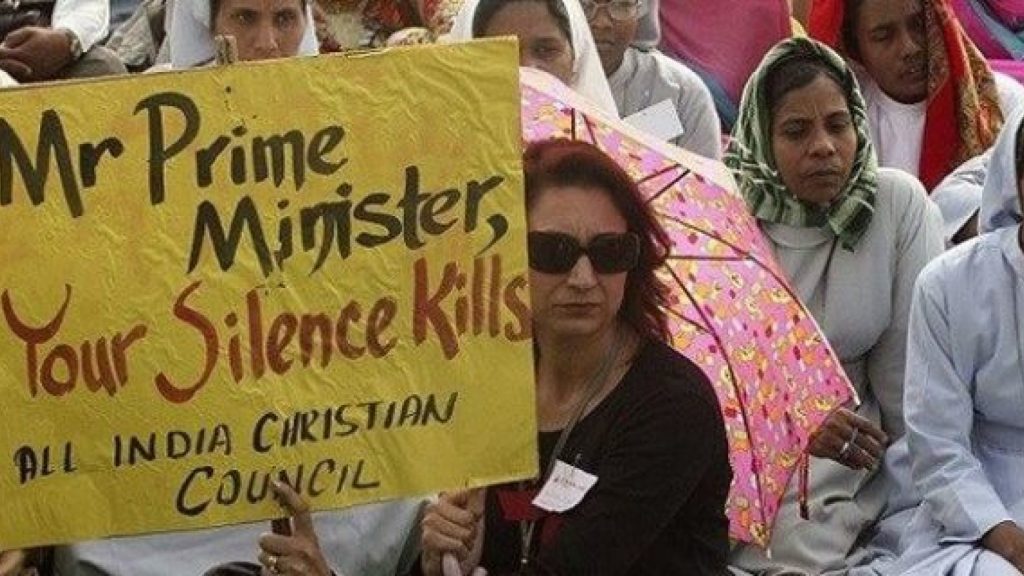
source: foxnews.com
In spite of all the efforts, there are still “high” levels of government restrictions on religion
An annual Pew Research Center study implies that government restrictions on religion are still rather high in India even though there are legal protections for religious groups and minorities. Buddhists, Jains, and Sikhs don’t have the same social services and employment and educational opportunities as other religious minority groups, and they are legally considered Hindus. Similarly, Christians and Muslims who identify as low-caste Dalits don’t have educational and employment benefits, as these are reserved for Hindu Dalits.
There’s a very high level of religion-related social hostilities
According to the U.S. State Department, the low-caste Dalits are primarily harassed, as well as other religious minority groups such as Buddhists, Christians, Jains, Muslims, and Sikhs. This issue came to attention in 2007 and it has been tracked ever since, and now, the results show that there has been an increase in mob attacks by Hindu vigilante groups, mostly against Dalit and Muslim consumers and traders.
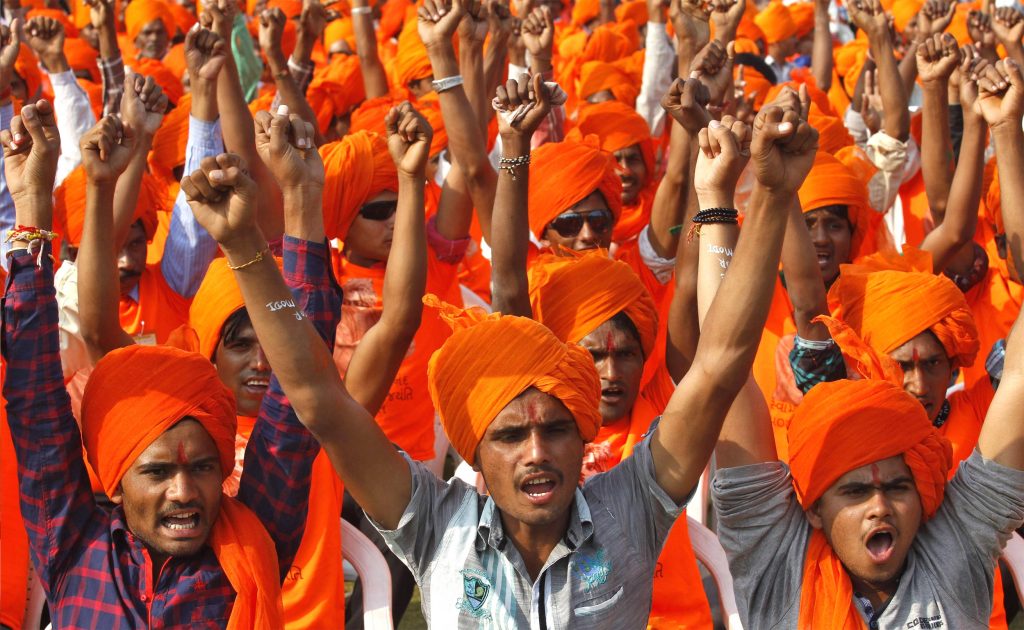
source: youtube
Communal relations in India are a big problem
According to a 2017 Pew Research Center survey, many Indians are worried about tensions between people of various religious faiths and castes. The data show that 37% of Indians consider communal tensions to be a major problem in their country, while 31% of them find it moderately big.
Finally, India is also facing quite a few other issues, including corruption, lack of employment opportunities, crime, terrorism, high prices, and other national problems.
